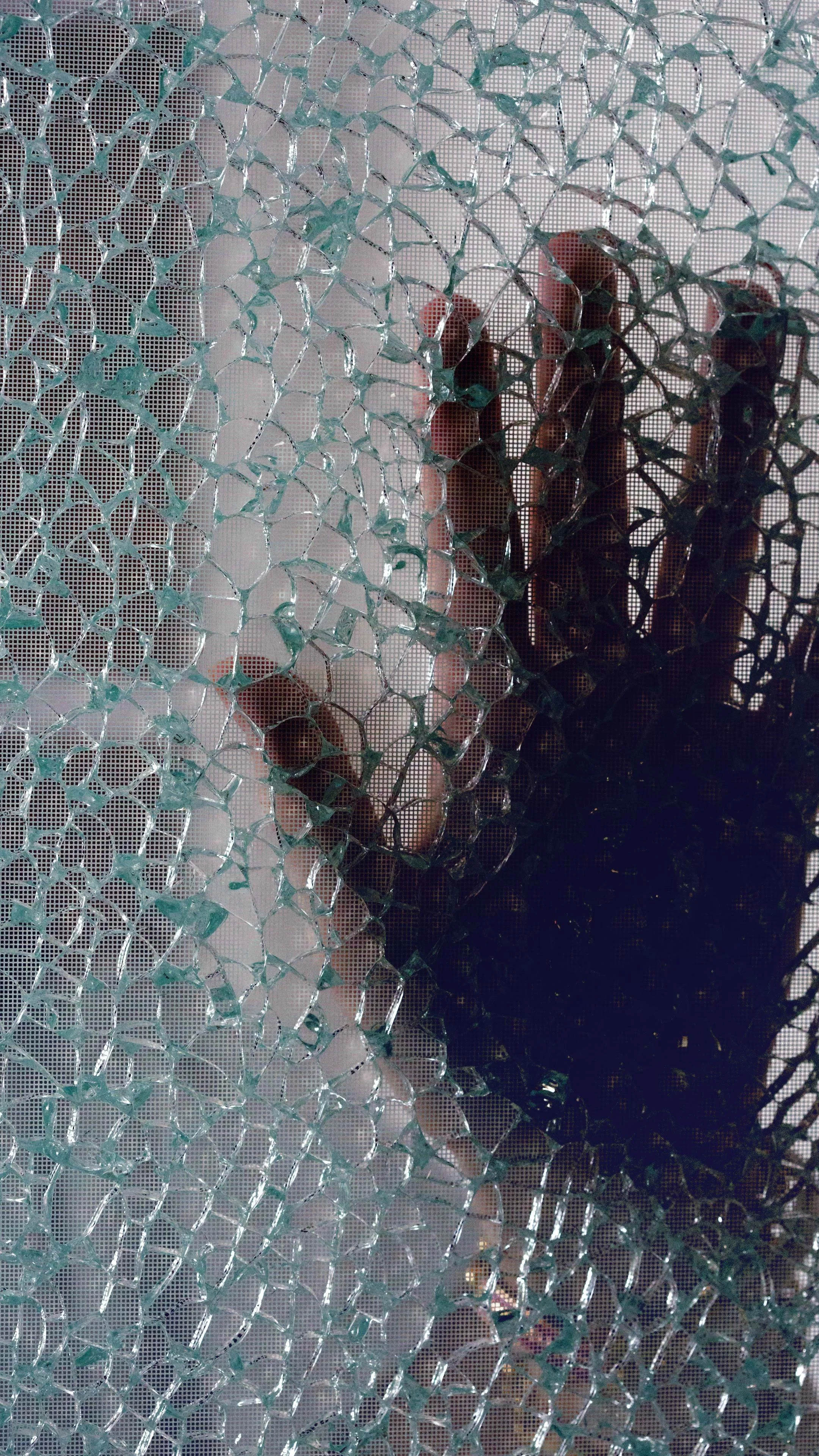Male survivors
Support is available for male survivors of sexual assault, sexual abuse and intimate partner violence. Anyone can be a survivor, regardless of biological sex or gender identity.
-
Whether you are a survivor of sexual assault or intimate partner violence, it’s not your fault. No one ever deserves to be sexually assaulted or abused. Anyone can be a survivor of sexual assault/abuse or intimate partner violence, regardless of gender.
-
Intimate-partner violence and sexual assault/abuse are traumatic experiences. Many people are raised to believe that men cannot be sexually assaulted or abused. But anyone can be sexually assaulted or abused. 1 in 33 men in the U.S. have experienced attempted rape or rape in their lifetime. Due to the stigma surrounding male survivors, the statistic is suspected to be much higher than the reported cases. You are not alone.
Following an attack, you may have physical pain, injuries, and strong emotional reactions. You may experience intense feelings of guilt, shame, and inadequacy. You may find you’re unable to concentrate or focus because you “can’t stop” thinking about the assault. You may also experience flashbacks that make you feel nervous, angry or afraid.
All these feelings are perfectly normal reactions. Lumina Alliance also offers clinical therapy and a 24-hour crisis and information line (805) 545-8888 for survivors who are interested.
-
Survivors of sexual assault and intimate partner violence, regardless of gender, deserve to heal in a supportive, safe, and empowering environment. If you're a male survivor, it's important to remember: you are not alone, and your path to healing is uniquely yours. Here are some initial steps to consider when you're ready:
Acknowledge Your Experience
Recognizing the impact of trauma can be difficult, but acknowledging your experience is an important first step in healing. There’s no "right" way to feel—allow yourself to experience what you’re feeling, without judgment.
Give Yourself Permission to Heal
Healing is a process, and it’s okay to take it one step at a time. Give yourself the grace to heal at your own pace, and know that you don’t have to go through this journey alone.
Reach Out When You're Ready
When you’re ready to take the next step, reaching out for support can make all the difference. You don’t have to navigate this alone. Contact Lumina Alliance to speak with someone who understands and can guide you through your healing process.
Call our 24-Hour Crisis and Information Hotline at (805) 545-8888 -
You may have been raised to believe that men cannot be abused by their partners. Because of this myth, you may worry that you will not be believed or treated with the same respect as other survivors.
For heterosexual men, you may have been brought up to believe that women cannot abuse men and you may feel intense feelings of shame, guilt and inadequacy. You may tell yourself the abuse isn’t “that bad” compared to other intimate partner violence relationships or that you should be able to “handle it” because you are a man. But no one ever deserves to be abused. It is important to remember that anyone can be a survivor or a perpetrator of Intimate Partner Violence.
For men in the LGBTQIA community, you may have been brought up to believe that intimate partner violence only happens in heterosexual relationships. However, intimate partner violence can happen in any relationship, including relationships within the LGBTQIA community. It is important to remember that intimate partner violence is not okay in any relationship and it is not normal in LGBTQIA relationships. Please see our pages for Survivors of Sexual Assault and for LGBTQIA Survivors for more information and resources.
-
It is important to remember that anyone can be a perpetrator of intimate partner violence. It can be hard to seek help when the abuser is not a man. You may feel like the abuse is not as bad as the abuse in other Intimate Partner Violence relationships. You may also feel like you will not be believed.
But no matter the gender of your partner, Intimate Partner Violence is a serious crime. The gender of your partner does not change that.
-
While it is true that the majority of sexual assaults are perpetrated by men, anyone can be a perpetrator of sexual assault. It can be very hard to seek help when the attacker is not a man. You may feel like you will not be believed.
But no matter the gender of your attacker, sexual assault/abuse is a serious crime. The gender of your attacker doesn’t change that.
-
For heterosexual men, you may feel confusion about your sexual orientation after a sexual assault. Perpetrators often accuse their victims of enjoying the sexual assault and this may lead you to question your own experiences. But being sexually assaulted or abused has nothing to do with your sexual orientation and does not change your sexual orientation.
For men in the LGBTQIA community, you face the same risk of acquaintance and “date” rape as heterosexual and/or cisgender men. Also, if you are a survivor of sexual assault in the LGBTQIA community, the sexual assault may have been the result of a hate crime. It’s important to remember that sexual assault is an act of violence, power and control and there is nothing wrong with you.
Please see our pages for Survivors of Sexual Assault and for LGBTQIA Survivors for more information and resources.
-
San Luis Obispo County Resources
Lumina Alliance (805) 781-6400 or (805) 545-8888 24-Hour Crisis and Information line
Victim Witness Assistance Center (SLO County DA) - (805) 781-5821
National Resources
Youth Resources
More information









